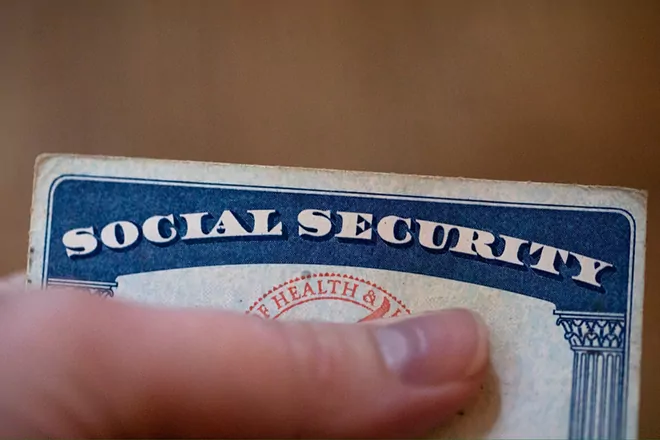It is complicated and unnecessarily burdensome to apply for Supplemental Security Income (SSI). But, there are some recent changes that indicate the federal government is hearing the complaints and implementing changes that will make applying easier. SSI is a federal program run by the Social Security Administration (SSA). It provides assistance for people with disabilities (or people over 65) with little or no income. They assist by providing Medicaid health insurance (in most states) and a monthly cash payment. The payment is not in cash, but that’s still how they refer to it.
Most children who have a developmental disability apply for SSI as they transition into adulthood. If your child is nearing adulthood and your Transition Coordinator (if your district has one) has not mentioned SSI, ask them about it. It helps people with disabilities have some freedom and dignity to have their own money and the safety of health insurance.
One of the biggest criticisms of SSI is that recipients cannot have more than $2,000 in resources and assets. The highest SSI payment would be $943 per month. I don’t know how anyone could live off that amount. Our (adult) children will clearly still need help from their families.
There have been some recent changes from SSA that show they are listening to some of our concerns. It is not enough; they still need to do more. We need realistic income and asset guides that are aligned to the actual cost of living in the U.S. But the (new) Commissioner of Social Security Administration, Martin O’Malley, has made some helpful changes this year.
“We’re committed to providing efficient, responsive, and customer-focused service to all who rely on Social Security’s vital programs. While we face significant challenges, with adequate funding, we can fix our problems, but only if Congress lets us. I urge Congress to pass the President’s Fiscal Year (FY) 2025 President’s Budget and provide the funding we so desperately need.”
– Commissioner Martin O’Malley
Food Subsidy
Starting Sept. 30, 2024, food will no longer count as In-Kind Support and Maintenance (ISM). This makes it easier for people who receive informal assistance from friends and family to qualify for SSI. Right now, SSA will count anything that someone else provides for you as “in-kind support”, which counts as income. If a loved one pays for a recipient’s food or they receive food at a reduced/free charge through a program, that amount counts as income and can reduce the monthly payment they receive through SSI.
I doubt SSA “catches” anyone breaking this rule. I am not sure how they would; but this change shows SSA is trying to make the application process easier and less cumbersome.
Housing/Rent Subsidy
This is a big change. Let me explain how it used to work so you can understand the change.
If your child lives with you after they are 18, they must pay fair market value for rent in your home, otherwise, you are providing in-kind income.
For example, if the fair market value for renting part of your home is $700 and you only charge your child $500, you have given them an in-kind income of $200. That $200 will affect their SSI payments.
Here, the one-third reduction rule applies. So, they would reduce your child’s SSI monthly payment from $943 to $628.67 (2024 figures) because they did not pay their fair share. That’s a loss of $314.33 because they saved $200 on rent.
This has changed! A district court determined (rightly so) that in the above situation, it is NOT in-kind support (income) because there was not an “actual economic benefit” from the in-kind support. In my example, the person would have a net loss of $114.33.
While I believe shelter should never count towards a recipient’s income at all, this is a move in the right direction. Just like with the change in how they count the food subsidy, SSA appears to be changing some policies that have been puzzling for parents of adults with disabilities.


